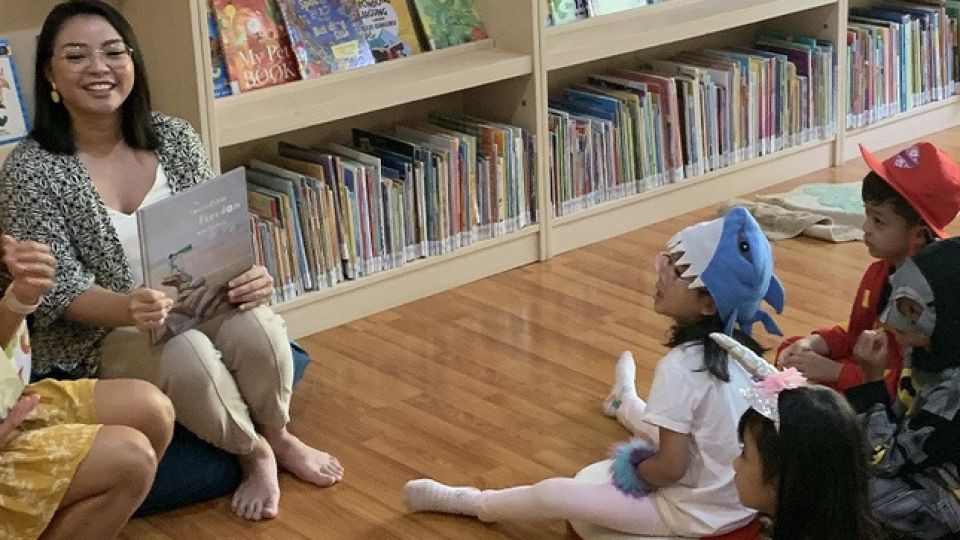June 10, 2024
JAKARTA – Alist of dozens of literary works that the government recommends in all learning levels from elementary to senior high school is a welcome step forward. We join others who have lauded the plan, as we believe literature can help citizens to better understand our lives, ourselves and the world around us.
The Education, Culture, Research and Technology Ministry with the help of numerous curators has listed 177 literary works to be utilized as reference materials for teachers nationwide, while allowing teachers to also use other sources deemed more relevant to their respective subjects. The list is part of the Sastra Masuk Kurikulum (Literature Entering the Curriculum) program.
Among the works listed are some of Indonesia’s best and most important writings, which outside of bureaucratic settings have received little appreciation, if not downright erasure attempts.
Included in the list is a book written by renowned author Pramoedya Ananta Toer titled Bumi Manusia (This Earth of Mankind), which was banned during Soeharto’s authoritarian New Order.
Pramoedya was accused of having a close alliance with the now-defunct Indonesian Communist Party, and was subsequently imprisoned from 1965 to 1979 on Buru prison island.
Also on the list is a poetry collection by Wiji Thukul entitled Nyanyian Akar Rumput (The Song of Grassroots), which portrays the injustice and political tension under Soeharto’s rule. Wiji himself was abducted by the regime and his, or his remains’, whereabouts are unknown to this date.
The literary list, however, is not without criticism
Some have blasted the list for including works containing sexual acts and sexual violence, others have floated questions about conflicts of interest, as some of the curators’ own works have made it onto the list.
Nevertheless, we hope and would like to believe that the list can provide a thrust for improvement in the nation’s education system.
Last year, the Programme for International Student Assessment (PISA) survey on education showed Indonesia’s ranking declined across all categories compared with the previous survey in 2018, although many blamed this on the COVID-19 pandemic.
The triennial PISA survey on education quality is run by the Organisation for Economic Co-operation and Development (OECD), and measures the abilities of students aged 15 years in reading, mathematics and science literacy.
The PISA 2022 involved 14,000 randomly selected students across the archipelago and was conducted between May and June 2022.
Indonesia scored 355 in reading, 359 in mathematics and 376 in science to place in the lower half of the global rankings. The scores marked a drop of between 10 and 20 points in each category from the 2018 survey, when it scored respectively 371, 379 and 396 in reading, math and science.
Experts have noted that for around 20 years of Indonesia’s participation in PISA, the quality has not improved much, if at all.
With the literary program, the government aims to provoke interest in reading, cultivate empathy and boost students’ creativity and critical thinking.
Scholars have underlined that reading is a complex process, which involves multiple facets, including cognitive and emotional, and phenomenological dimensions. It is also a process that depends on historical, cultural and situational factors, among others.
With literature, we can offer students various conceptions of a good life, skills of rational reflection and comparison and windows to narrative imaginations, which are believed to be critical to nurturing empathy.
While the Education, Culture, Research and Technology Ministry has said that the literary works reference is not obligatory, we call on the government to take the program seriously.
Apart from education access and quality, Indonesia also suffers from disparity problems. We have seen in the past how education access between Java and outside Java has been worlds apart. The disparity gap remains between our richer and poorer segments of the population.
If the government believes in its program, then it should put its full weight behind it, making sure that the works of Pramoedya, Wiji and others are easily accessible and available for all students.


